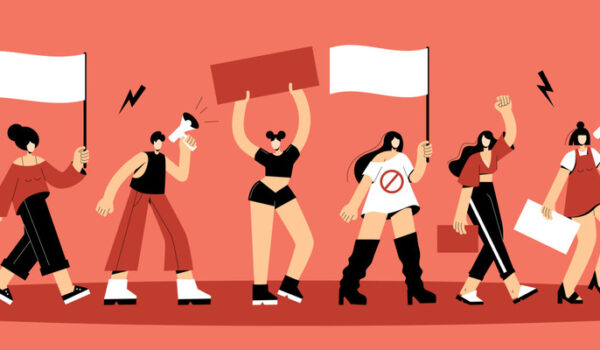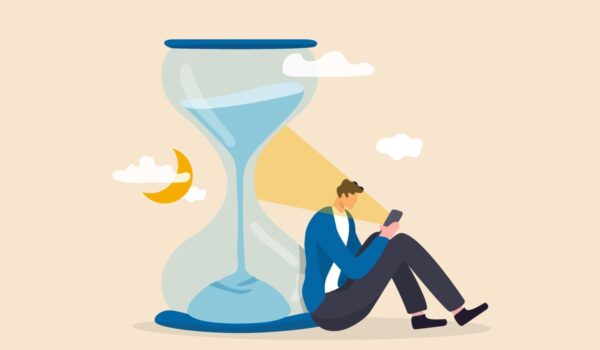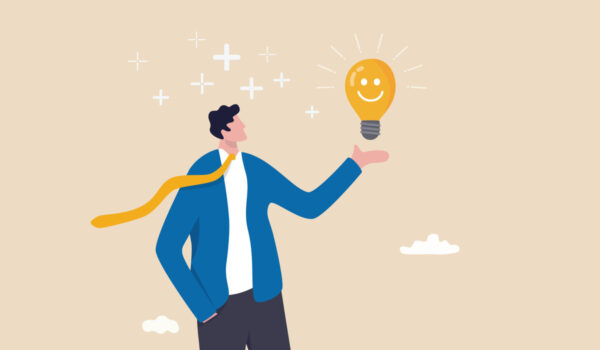Music is a universal language that goes beyond words, touching our souls and shaping our lives in countless ways. Let’s dive into how different genres, rhythms, and melodies can impact our emotions, behavior, and minds.
Have you ever noticed how a good song can lift your spirits, while a sad one can make you feel reflective? Music triggers the release of dopamine, the “feel-good” neurotransmitter. Upbeat, fast-paced music can boost your mood and energy, perfect for workouts or parties. On the flip side, slower, melancholic tracks can bring out feelings of sadness or nostalgia, often providing a much-needed emotional release.
Music is like a time machine for our minds. It enhances memory recall and can be particularly powerful for those with Alzheimer’s or dementia. This is known as the “Mozart effect,” where certain types of music improve spatial reasoning and short-term memory. Familiar songs can bring back vivid memories, making them a great tool for reminiscence therapy with older adults.
Did you know that music can make you smarter? Background music can improve concentration and productivity, especially in study or work settings. Classical music is often touted for boosting focus and creativity. Plus, learning to play an instrument can enhance cognitive skills like attention, memory, and problem-solving, thanks to the complex nature of musical training.
Music therapy is an incredible field that uses music to heal and improve well-being as well. It helps reduce anxiety, manage pain, and enhance communication skills, especially in those with mental health issues. For people with depression or anxiety, music therapy offers a non-verbal way to express and process emotions. Rhythmic and melodic elements can also help regulate heart rate and breathing, promoting relaxation.
Music isn’t just a personal experience; it’s a social one too. It helps shape our cultural identities, expressing values, traditions, and social issues, and fostering a sense of community. Concerts, festivals, and other musical events are great for social interaction and shared experiences. Music can even influence social behavior and attitudes, with certain genres and songs becoming anthems for social movements.
The effects of music on our minds and lives are truly profound. Whether it’s the joyous beat of a dance track or the soothing melody of a lullaby, music can transform our mental states and enrich our lives. As we continue to uncover more about how music affects the brain, it’s clear that music is more than just art—it’s a fundamental part of the human experience. Embrace the therapeutic and cognitive benefits of music, and you might find yourself living a more harmonious and fulfilling life.









Comments